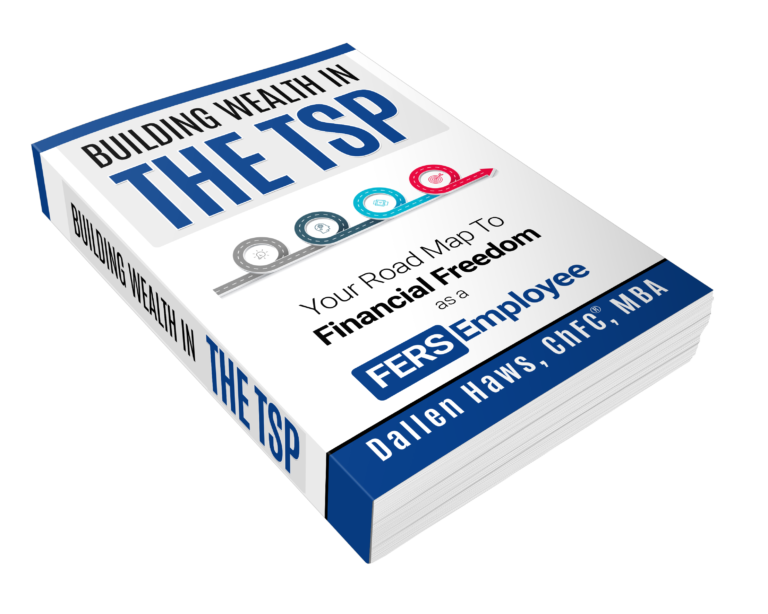Over the last few years, healthcare costs have risen at around 5% a year and continue to be a concern for many. To help with this rising cost, the government made HSA’s (Health Savings Account) available as of 2003.
HSA’s can be an incredible tool to save money on taxes while saving for medical expenses that you’d probably have to pay for anyway. If done correctly, you can get a tax deduction for what you put into the account and if taken out for qualified medical expenses, the money comes out completely tax free.
For those that are familiar with other tax advantaged accounts, you know how rare it is to escape taxes completely. For example, if you put money in an IRA, you get a deduction now but you have to pay taxes when you take it out. When you put money into a Roth IRA or 529 plan, you have to pay taxes now but can take the money out later tax-free. With an HSA, you don’t pay taxes now or later!
Are You Eligible?
But to be eligible to use an HSA, you have to meet the following requirements:
You Must have a high-deductible health plan (HDHP)
You can’t be covered by any other insurance plan that’s not HDHP
You can’t be claimed as a dependent on anyone else’s tax return
You can’t be on Medicare.
Because having a high deductible health plan is a requirement for an HSA, you’ll have to decide if that makes sense for you. Generally speaking, a high deductible plan has lower premiums but if you consistently have high medical expenses, it might not be the overall cheaper option. But if you are healthy and rarely hit your deductible, it can save you a lot of money overtime.
You will also want to make sure you are comfortable with the extra responsibility that comes with having an HSA. You’ll be required to do additional tax reporting and you’ll have to be very careful that you use the funds only for qualified medical expenses to avoid large penalties. The maximum contribution amounts for 2020 are $3,550 for self-only and $7,100 for families.
Other Tactics
While your money is in an HSA, you are able to invest it as you do with other accounts like an IRA. This means that no matter how much it grows, as long as you use it for qualified expenses, all of it, including the growth, comes out tax-free. Because of this, some people choose to pay medical expenses with other funds (not with their HSA) during their working career so that they give their HSA more time to grow. This way they have a tax-free bucket of money to pay for medical expenses in retirement.
The one downside to this strategy is that you would need to have cash to pay for medical expenses now. Because of this, this strategy works best for those with extra cash flow and general financial stability.
A HSA is not right for everyone but can be a very useful tool if used correctly. Especially if you plan on letting your HSA grow until retirement, the tax benefits really start to compound. You will have to take an honest look at your situation to see if it makes sense for you.


